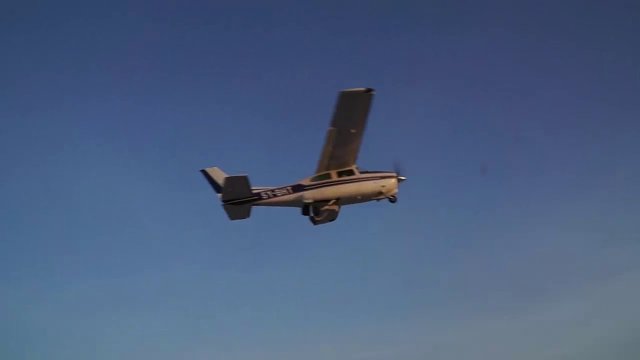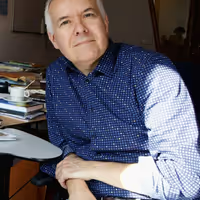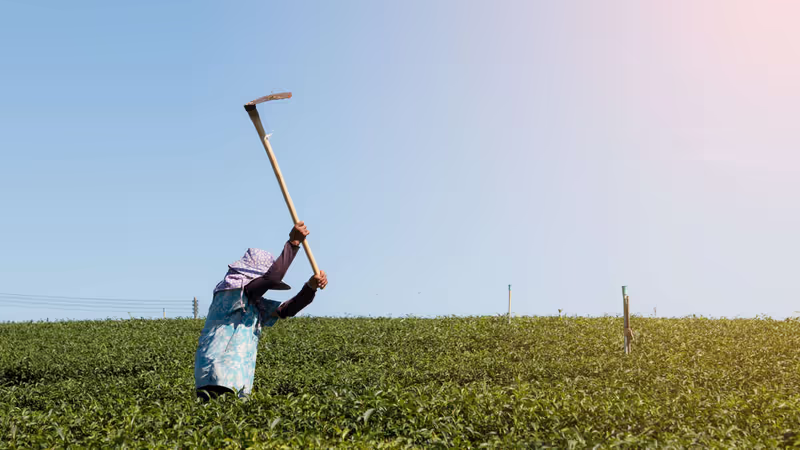| Timeline | From January 2014 to 31 December 2017 |
|---|---|
| Theme | Resource security |
| Countries | Kenya |
| Funded by | Netherlands Embassy, Kenya |
| More info | http://mamase.org/ |
Decades of encroachment and deforestation have disturbed the natural regulatory mechanisms in the watershed of the Mara river. This has negative impacts on farmers, tea estates, cattle and wildlife and the erratic availability of water is becoming a serious limitation for development in the area.
To realize improved water safety and security across the entire Mara River Basin, the MaMaSe Initiative is focused on five solutions.
- A water management strategy supported by local authorities and stakeholders
- Conservation of existing forests and restoration of depleted forests
- Sustainable management of range lands outside the Masai Mara Reserve
- Creation of sustainable modes of finance
- Support for activities that improve water quality
These solutions are designed to enable the people of the MRB to achieve self-reliance and adapt to changing socioeconomic and environmental conditions in the future. They focus on improved water management in the main economic activities of the basin: agriculture, cattle ranching, and wildlife-based tourism.
The Initiative, which is financially supported by the Netherlands Embassy in Nairobi, consists of a broad-based, basin-scale public private partnership which is led by UNESCO-IHE. It includes international and Kenyan government agencies, civil society, private sector, NGOs, and knowledge institutions.
Results
Watch this video to see our results.




